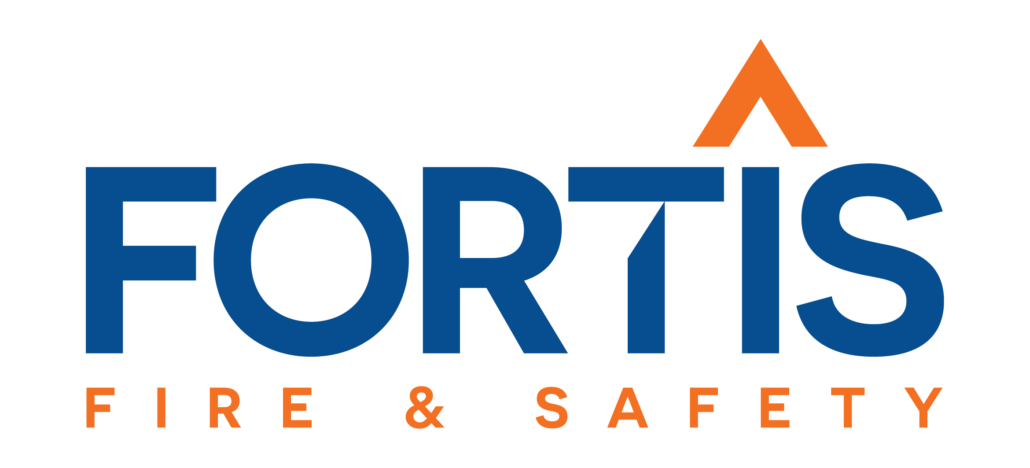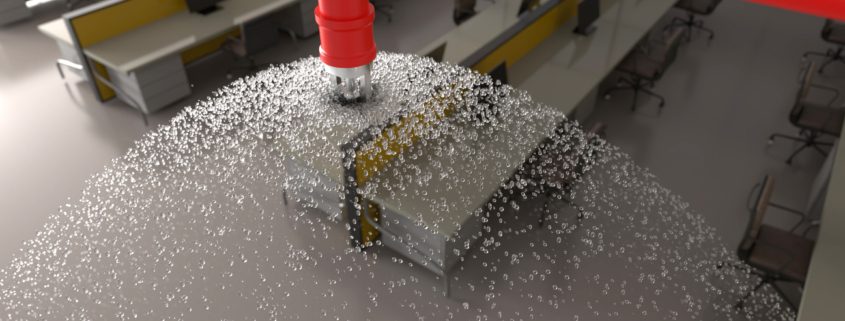Choosing the Right Fire Sprinkler System for Your Business
When it comes to protecting your business from fires, choosing the right fire sprinkler system is crucial. By understanding the factors to consider, the different types of systems available, the installation process, and the importance of maintenance, you can make an informed decision to safeguard your business and its assets.
Understanding Your Business Needs
To choose the right fire sprinkler system, it’s essential to assess your business’s unique requirements. Factors such as building size, occupancy type, and fire risk should be taken into consideration. Conducting a thorough risk assessment and consulting with fire safety experts will help you determine the most appropriate system for your business.
Types of Fire Sprinkler Systems
Fire sprinkler systems are available in various types, each tailored to address specific fire hazards. Understanding their advantages and disadvantages will help you choose the system that best aligns with your business needs and fire protection goals.
Wet Systems
Wet sprinkler systems are the most common and widely used type. They consist of pipes filled with pressurized water, ready to be discharged when a fire is detected. The key advantage of wet systems is their quick response time, as water is immediately available to suppress the fire. They are suitable for most commercial applications, such as offices, retail stores, and healthcare facilities. However, wet systems may not be suitable for environments with freezing temperatures, as the water-filled pipes can freeze and cause damage if not properly protected.
Pros:
- Rapid response time
- Suitable for most commercial applications
- Cost-effective installation
Cons:
- Vulnerable to freezing in cold environments
- Potential water damage if accidentally activated
- May require additional insulation in freezing conditions
Dry Systems
Dry sprinkler systems are designed for environments where freezing temperatures are a concern. Instead of water, these systems use pressurized air or nitrogen in the pipes, which prevents freezing. When a fire occurs, the air pressure drops, allowing the valve to open and water to flow through the sprinklers. Dry systems are commonly used in unheated buildings, parking garages, and warehouses.
Pros:
- Effective in freezing environments
- Minimizes the risk of pipe damage due to freezing
- Suitable for unheated buildings and parking garages
Cons:
- Slightly slower response time compared to wet systems
- Higher installation and maintenance costs
- Limited to specific applications with freezing concerns
Pre-Action Systems
Pre-action sprinkler systems are designed to provide an extra layer of protection in environments where accidental water discharge could cause significant damage. These systems use a combination of water and air pressure in the pipes. Before water is released, a detection system (typically smoke or heat detectors) must activate, confirming the presence of a fire. This dual verification reduces the risk of accidental water discharge and is commonly used in data centers, museums, and libraries.
Pros:
- Reduces the risk of accidental water discharge
- Suitable for environments with sensitive equipment or valuable assets
- Allows for early fire detection before water is released
Cons:
- Higher complexity and installation costs
- Longer response time compared to wet systems
- Requires regular testing and maintenance to ensure proper functionality
Deluge Systems
Unlike other systems, all deluge system sprinkler heads in a deluge system are open and continuously charged with water. When a fire is detected, a valve opens, releasing a large volume of water simultaneously from all sprinklers. Deluge systems are commonly found in areas with highly flammable materials, such as chemical storage facilities, power plants, or aircraft hangars.
Pros:
- Provides rapid and extensive water coverage
- Suitable for high-hazard environments with flammable materials
- Effective in suppressing fires in large areas quickly
Cons:
- Increased water damage potential due to simultaneous activation of all sprinkler heads
- Requires proper fire detection and monitoring systems
- Higher installation and maintenance costs
Remember, choosing the appropriate fire sprinkler system plays a significant role in safeguarding your business and protecting lives and assets during a fire emergency. Consult with fire safety experts to assess your specific requirements and ensure compliance with local regulations and codes.
Installation, Maintenance, and Cost Considerations of Fire Sprinkler Systems
Installation Process
The installation of a fire sprinkler system involves careful planning, design, and professional installation. We will walk you through the process, highlighting the importance of working with a reputable and experienced contractor. Their expertise ensures that your system is correctly installed and meets all necessary safety standards.
Maintenance and Testing
Once your fire sprinkler system is installed, regular maintenance and testing are crucial to keep it in optimal working condition. We will emphasize the significance of ongoing inspections, testing, and maintenance, as neglecting these tasks can compromise the system’s effectiveness. By prioritizing maintenance, you can ensure that your system is always ready to respond to a fire emergency.
Cost Considerations
Installing and maintaining a fire sprinkler system is an investment in the safety of your business. We will discuss the various cost considerations, including the initial installation costs, ongoing maintenance expenses, and potential insurance premium reductions. By weighing these factors, you can make an informed decision that balances your budget with the level of fire protection required for your business.
Final Notes
Choosing the right fire sprinkler system for your business is a critical decision that directly impacts the safety of your premises, employees, and assets. By understanding your business needs, exploring the different types of systems available, following proper installation procedures, prioritizing maintenance, and considering cost factors, you can make an informed decision.
Remember, consulting with fire safety experts will provide you with the necessary guidance and expertise to ensure your business is effectively protected. Consult with our fire safety experts today to choose the right fire sprinkler system for your business. Protect what matters most and enjoy the peace of mind that comes with a comprehensive fire protection solution.
Learn More About Fortis
At Fortis Fire & Safety, we provide cutting-edge expertise in fire protection planning, design, and construction. We understand the challenges that modern facilities face and utilize our experience to find efficient and cost-effective solutions. From initial planning to acceptance testing and beyond, we offer a comprehensive suite of services.
We use the latest in computer-automated design to map out your system so we know the exact specifications before we even set foot on your job site. No need for drawings; we can map your facility and create blueprints from scratch.
We facilitate BIM coordination for new construction projects. We work with your BIM coordinator to load in our plans to avoid structural conflicts before they happen. Additionally, all of our designers are NICET certified in their respective fields.
Learn more about our fire protection services.





